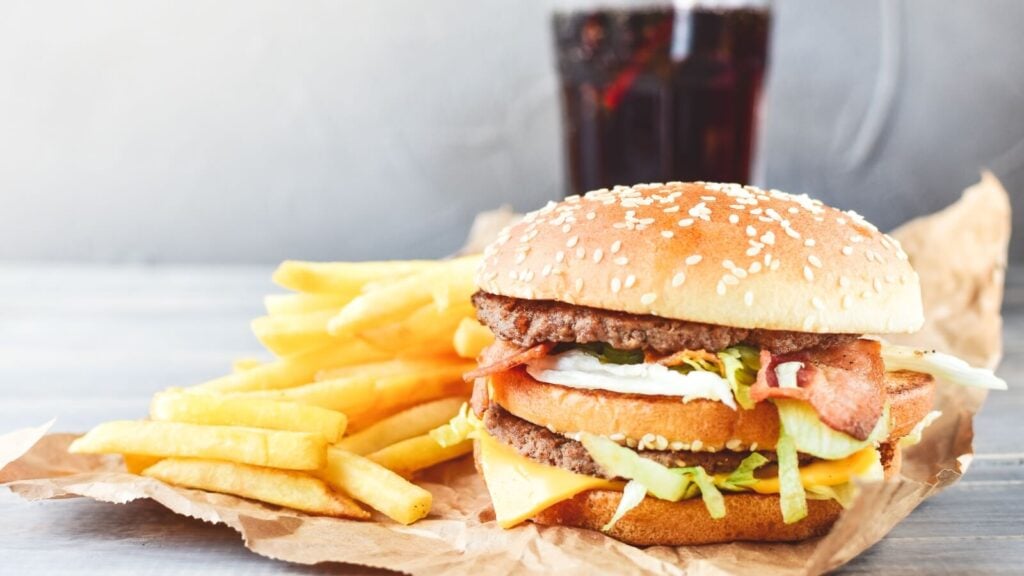The government-commissioned National Food Strategy report has just been released. The report – which aims to improve health in the UK and protect the environment – urged the government to set a target to lower the nation’s meat intake by 30 percent.
The report was led by Henry Dimbleby, Co-Founder of Leon Restaurants and the Sustainable Restaurant Association. He is also the lead non-executive board member of the Department for Environment, Food and Rural Affairs.
The report ‘examines at length the things that have gone wrong with the food system’.
It states that ‘the food system of the future’ must target climate change, repair the environment, and ‘make us well instead of sick’.
It also should strive to ‘meet the standards the public expect, on health, environment, and animal welfare’.
The National Food Strategy report outlines how the national diet must change by 2032. Compared to 2019, it recommends that fruit and vegetable intake increase by 30 percent, whilst meat consumption should go down by the same amount.
Fibre intake should rise by 50 percent, and the consumption of HFSS foods should decrease by 25 percent. Examples of HFSS foods include cake, candy, ice cream, chips, and pizza.
“One of the most effective ways to reduce carbon emissions and free up land for nature is to cut back on animal proteins,” the report explains. It highlights that 85 percent of food producing-land is used to rear livestock – even though meat and dairy only makes up one third of our calories.
In contrast, plant-based protein typically produces 70 times less greenhouse gas emissions than the same amount of beef. It also uses more than 150 times less land.
Food tax
The 2021 report proposed the introduction of a £3/kg tax on sugar and a £6/kg tax on salt sold for use in processed foods, restaurants, and catering businesses.
The goal is to reduce average sugar intake by 4 to 10 grams per person per day, and salt intake by 0.2 to 0.6 grams per person per day. The report says this could lower the risk of stroke, heart disease, and some forms of cancer. This would, in turn, relieve pressure on the NHS.
To counteract the possibility of placing added financial pressure on some families, the report proposes expanding free school meals and extending the Holiday Activities and Food programme for the next three years. It also recommends that GPs prescribe fruit and vegetables to those suffering from food insecurity or diet-related illness.






